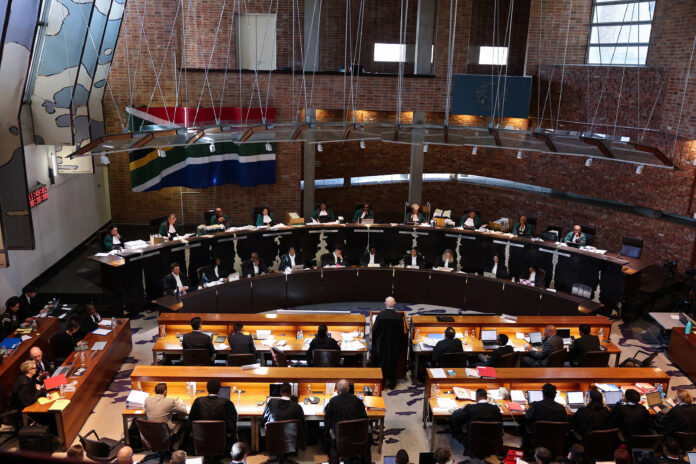It can be argued – and rightly so, even by leaders like President Cyril Ramaphosa who was at the forefront of writing it – that the constitution, enacted in 1996, was a direct response to ageism, inequality, racism, sexism, and other forms of unfair discrimination.
For example, the apartheid system, which was run by a whites-only government and ruling class, and targeted Africans and other black people and others, was viewed as deeply immoral – even by Western governments that had engaged in similar or worse practices
before.
During the height of apartheid, these governments positioned themselves in the framework of the Cold War against the Soviet Union, calling themselves the “guardians of freedom” and the leaders of the so-called free world.
Given this context, it is not difficult to imagine a constitution that was written to end the legacy of apartheid and to serve as a global framework.
However, this raises an important question: what is the plan, and how important is this constitution if it is causing public discontent? Indeed, there have been endless public complaints about this constitution.
First, the constitution can be seen as an affront to the very people it was intended to serve. It offends their fundamental beliefs, faith, customs, and social norms that define them as human beings.
The constitution ensured that restorative justice was not administered to those who participated in apartheid; it did not allow for punishment for wrongdoing but also provided protections that others found undeserved.
The constitution mandates that the Christian God, revered by the majority of South Africans, must abide by this man-made document, which is now considered “the highest authority in the land”.
In addition, it directs the focus of the marginalised African population on issues such as -gender issues, children’s rights, and LGBTQ+ rights while ignoring the fundamental issue of human dignity – the very dignity that was systematically removed by apartheid and colonialism.
The constitution misses the heart of the Struggle, which was about fighting the denial of dignity enjoyed by black people and the cultural and spiritual meaning of their true identity.
Instead, the constitution seems to prioritise two main goals:
- to make South Africa appear as dirty as possible, even more so than previous evil dispensation that sold itself as a democracy; and
- to portray South Africa as a nation where the will of the people could be transformed through education and social change, creating an Utopian society that is not answerable to any higher authority but to the value-based decisions of a few elected -constitutional judges, who appear almost God-like in their decisions.
The result is not a happy and equal nation but one that -faces new shocks every year from the “highest court in the land”, while the dignity and well-being of citizens remain at stake.
Furthermore, the constitution fails to address the necessary change in structural patterns that keep the past alive, instead of choosing high-level judgments and laws that benefit only a small group.
What is the solution?
The constitution is not set; it can be amended. It must reflect the values and beliefs of the majority of the people.
Even the idea that we are a constitutional democracy must be examined. Who is the “we” in the constitution if those values it espouses and advocates do not originate from us?
South Africa must amend its constitution to serve the people and respect their values and beliefs, instead of allowing it to become a false idol that misleads the nation.
- Moleko is a Sunday World reader



